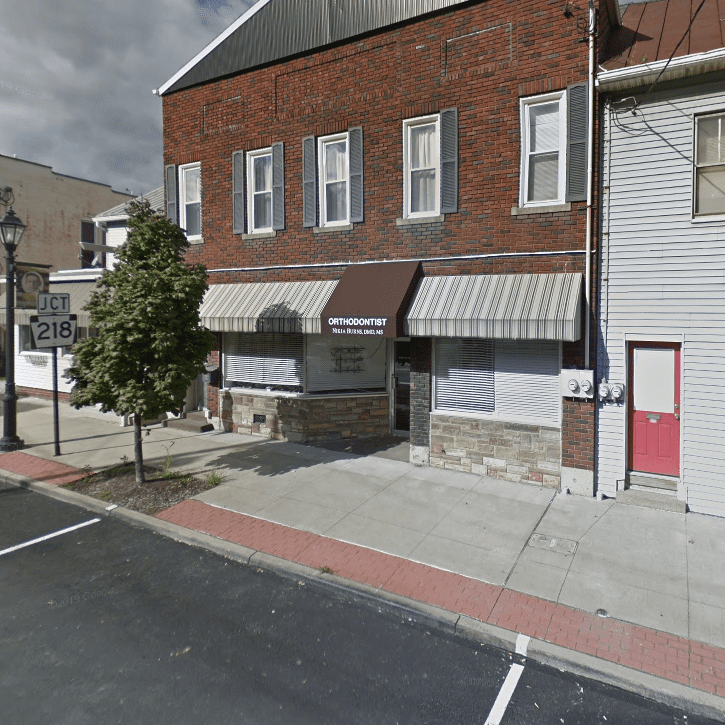What is Temporomandibular Joint Disorder?
Temporomandibular Joint Disorder, or TMJ Disorder, causes jaw and bite alignment malfunctions, and refers to conditions that affect the Temporomandibular Joint, facial nerves, and jaw muscles. TMJ pain can be triggered by opening and closing the mouth, side-motion jaw movements, and twisting of the jaw. As the muscles and ligaments attempt to hold the jaw in position, those muscles can get damaged or stretched, moving the lower jaw out of alignment.
A TMJ disorder can produce a number of symptoms, including:
- Constant headaches and neck-aches
- Pain radiating from the ear and areas around the ear
- Pain from the jawbone
- Clicking sounds when the mouth moves
- Sore jaw muscles
- Teeth sensitivities
- Difficulty opening and closing the mouth

Treatment Options for TMJ Disorder
Orthodontic treatment for TMJ Disorder will depend on many individual factors, such as the overall health of the patient, tolerances for medication, previous history of mouth appliances, and the extend of the disorder. At Burns Orthodontics, we offer several treatment options, which vary from patient to patient, and will all be designed specifically for the patient in mind. Some of the orthodontic treatment options we present include:
Stress management techniques – Physical therapy that focuses on joint movement and reducing muscle stiffness can alleviate stress on the joints and jawbones. Manual therapy procedures can help reduce the “locking” of the jaw and restore motion surrounding the joint. We also offer soft tissue techniques, using the hands to work into the joints to remove pressure and decrease the symptoms of TMJ disorder.
Orthodontic appliances – Braces, splints, and night guards can help reduce the effects of tooth grinding, help realign the teeth and jaw to the proper position, and relieve jaw pain. Nightguards ease the pressure on the temporomandibular joint, enabling it to move back into position over time, and lessening the impact placed on the joint overall. Occlusal splints treat TMJ disorder by controlling bite elevation and have to be worn every day for an expended time for the treatment to work properly. Braces offer not only teeth alignment, but can help treat bite issues associated with TMJ disorders, and reduce the amount of teeth grinding, jaw clenching, and jaw pain over time.
Important Note: Design functions for our orthodontic appliances will vary depending on the severity of the TMJ disorder, the patient’s dental history, and joint structure. For some of our appliances, we may require additional appliances, such as the maxilla or mandible, to ease the treatment process and gradually move the disc placement back into position.
Frequently Asked Questions
Do You Offer TMJ Surgery?
Currently, we do not offer TMJ surgery, but if your dentist recommends surgery and we have properly diagnosed your TMJ condition, we can refer you to an oral and maxillofacial surgeon, especially if our treatment plans do not provide relief.
When should I seek medical care for TMJ disorder?
If you suffer from any of these TMJ conditions above, you should consult a medical professional. If left untreated, it can lead to jaw locking, constant pain, bruxism, malnutrition, and insomnia.
Is TMJ Therapy Covered By Insurance?
To find out if your insurance covers TMJ treatment, you will need to contact your insurer to learn about your coverage policy.
Contact Burns Orthodontics Today!
If you have any medical concerns about our TMJ therapy treatments, then don’t hesitate to call us at any one of our multiple office locations.







